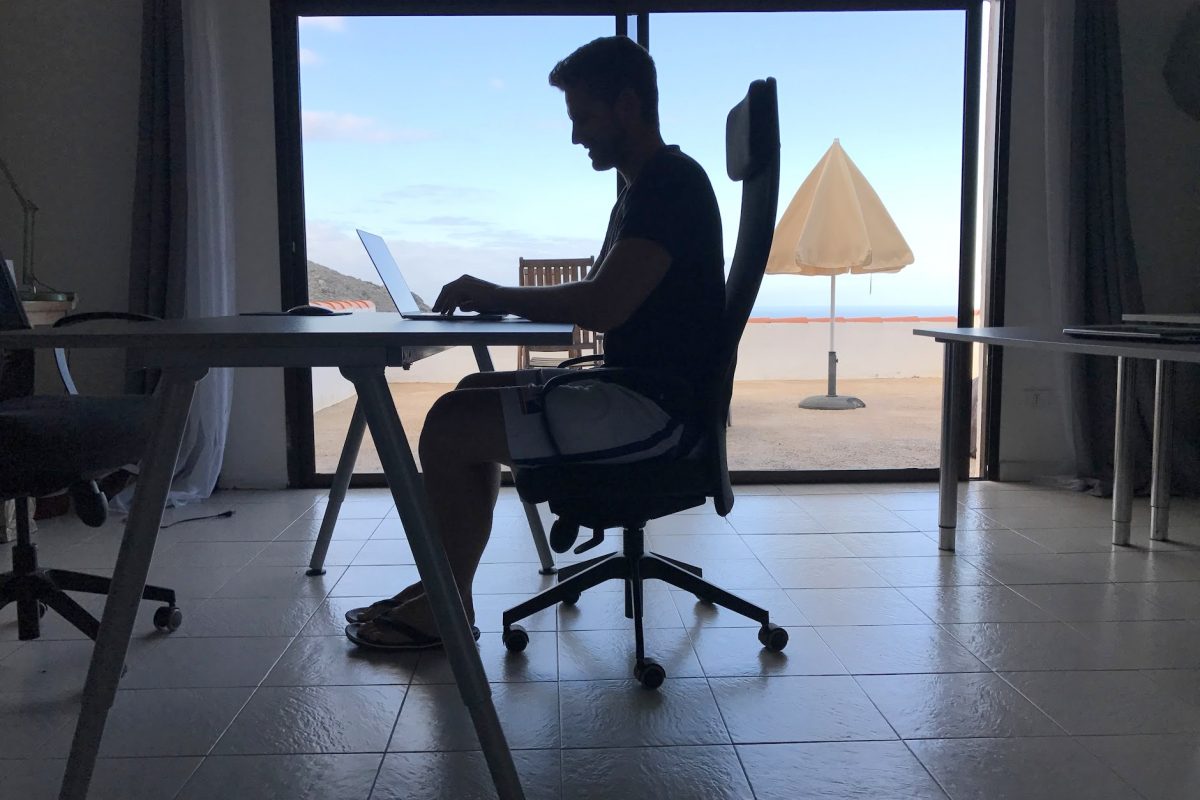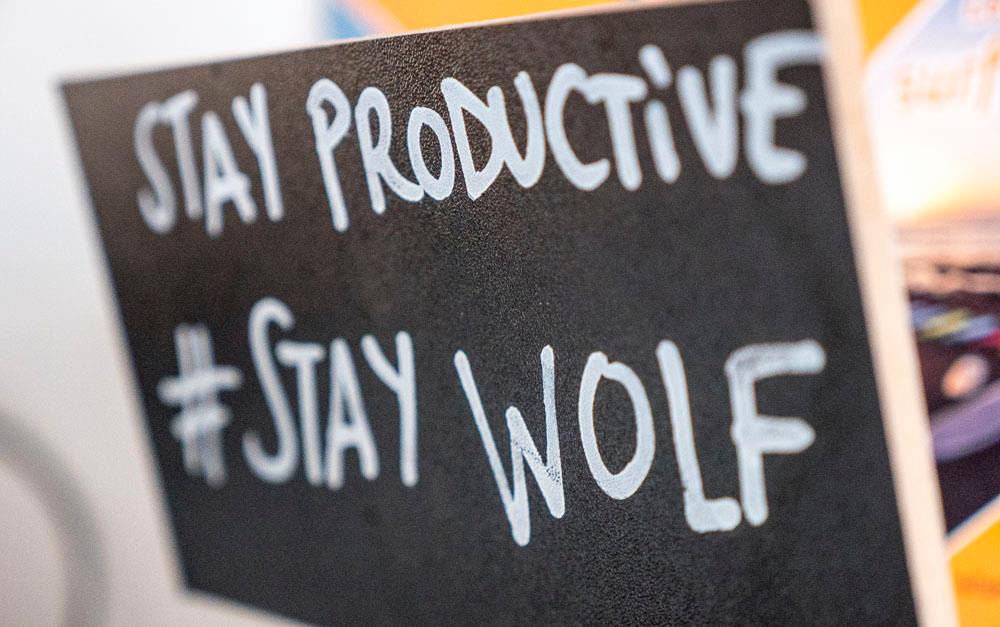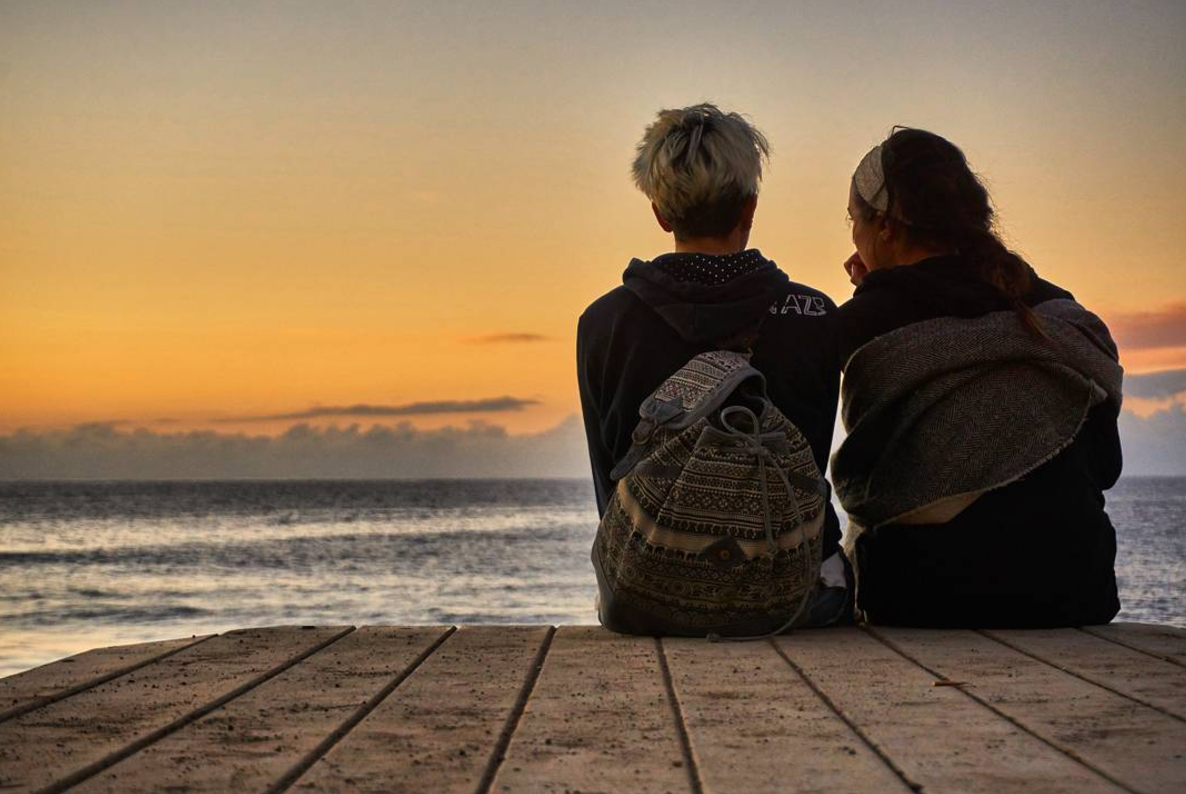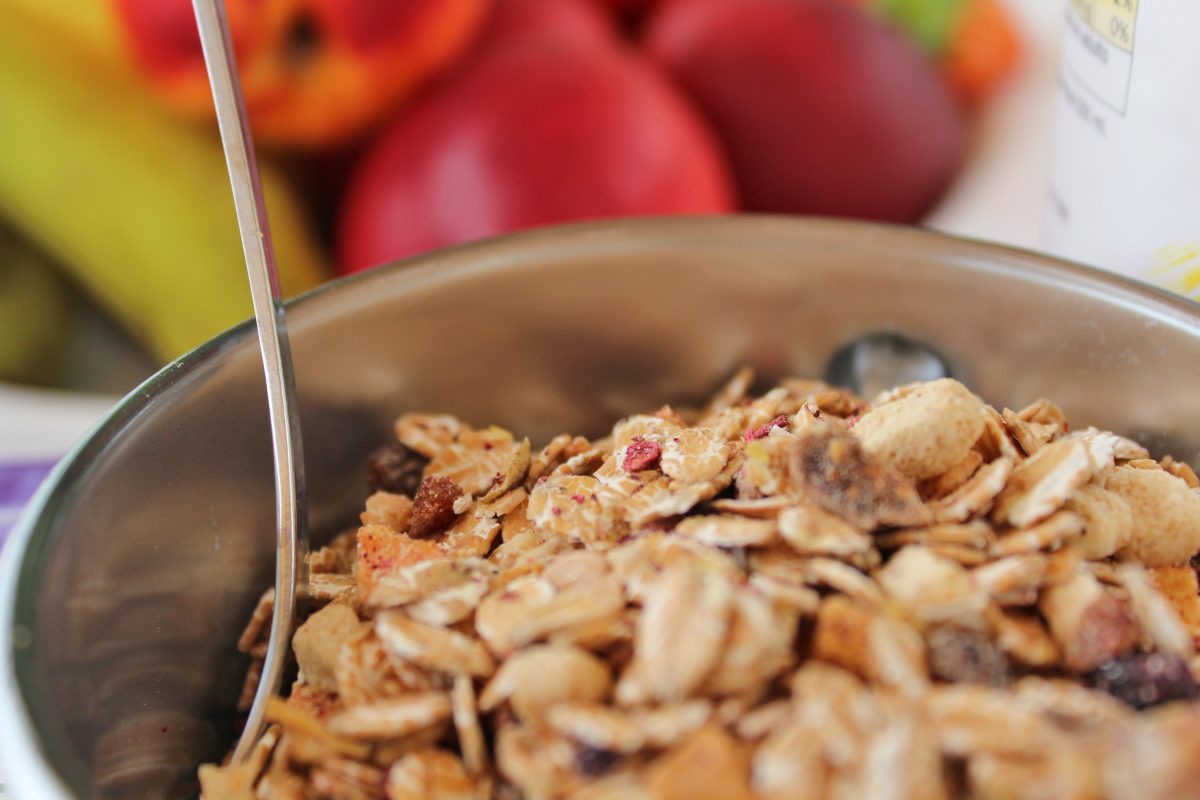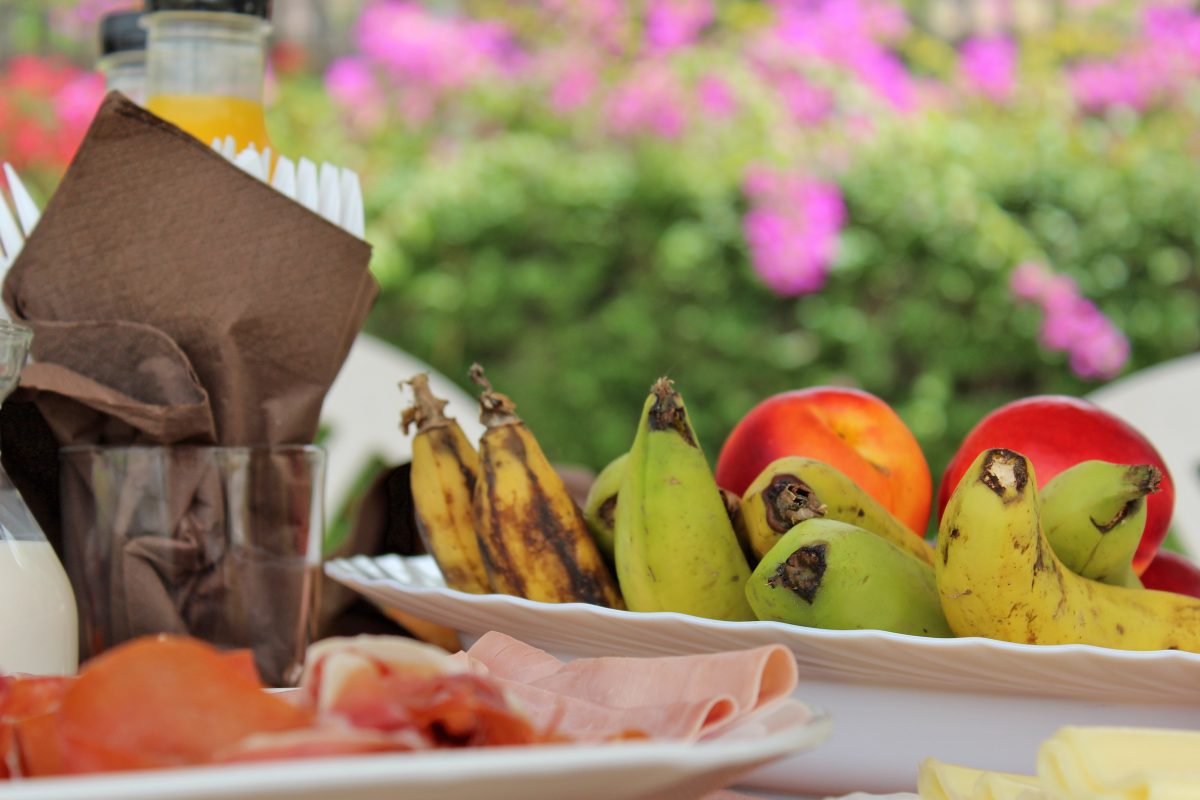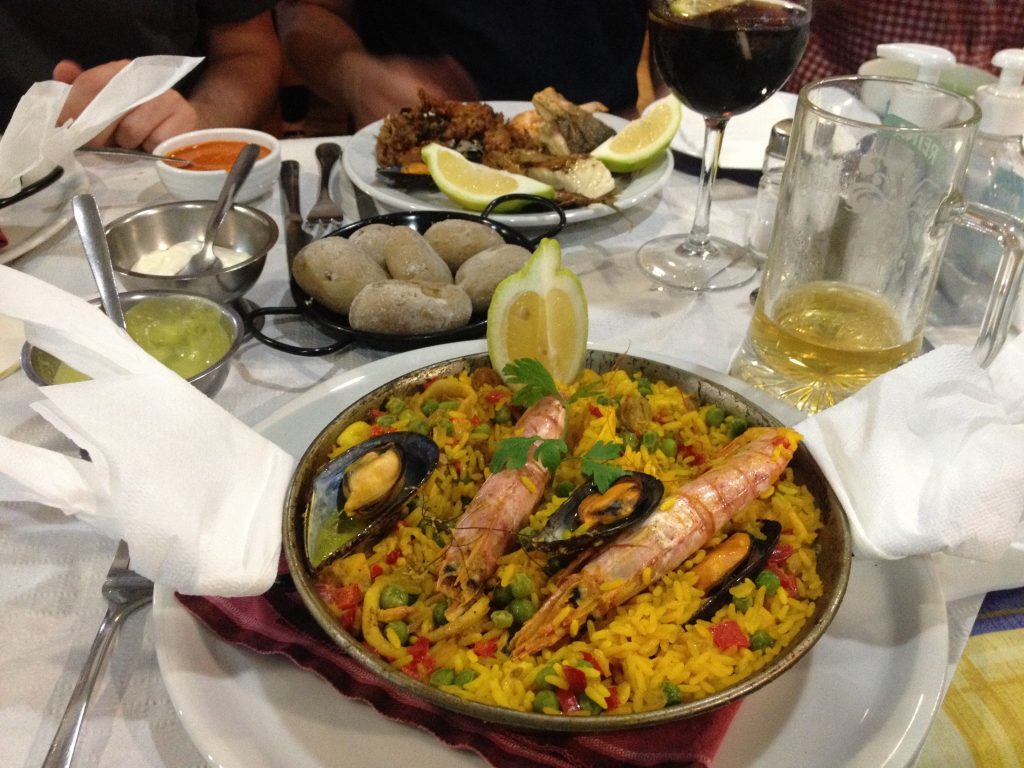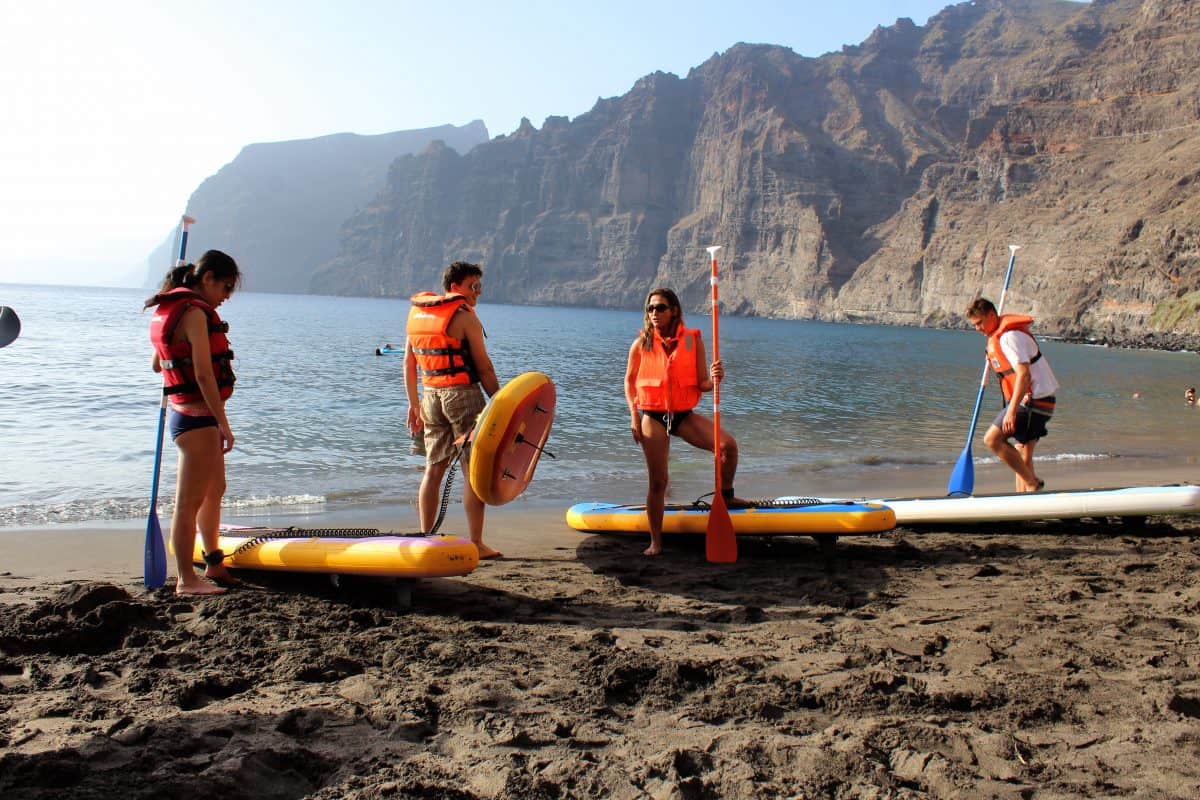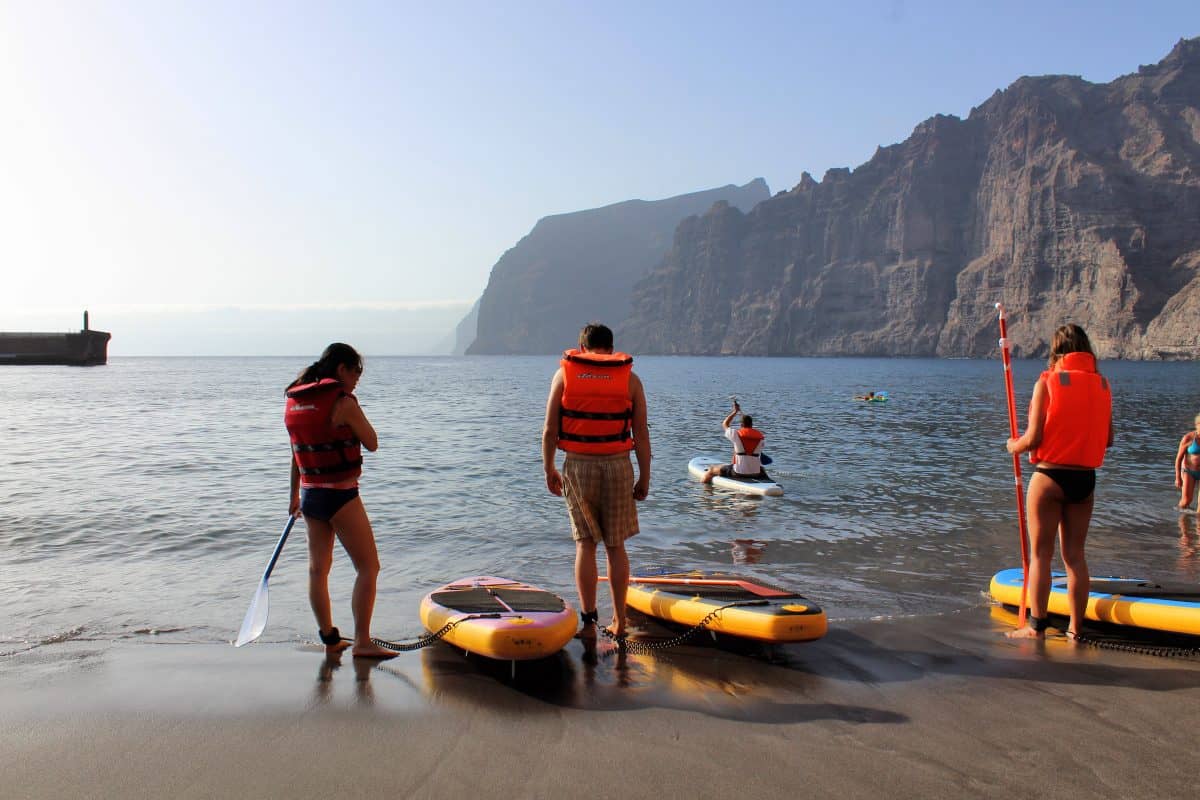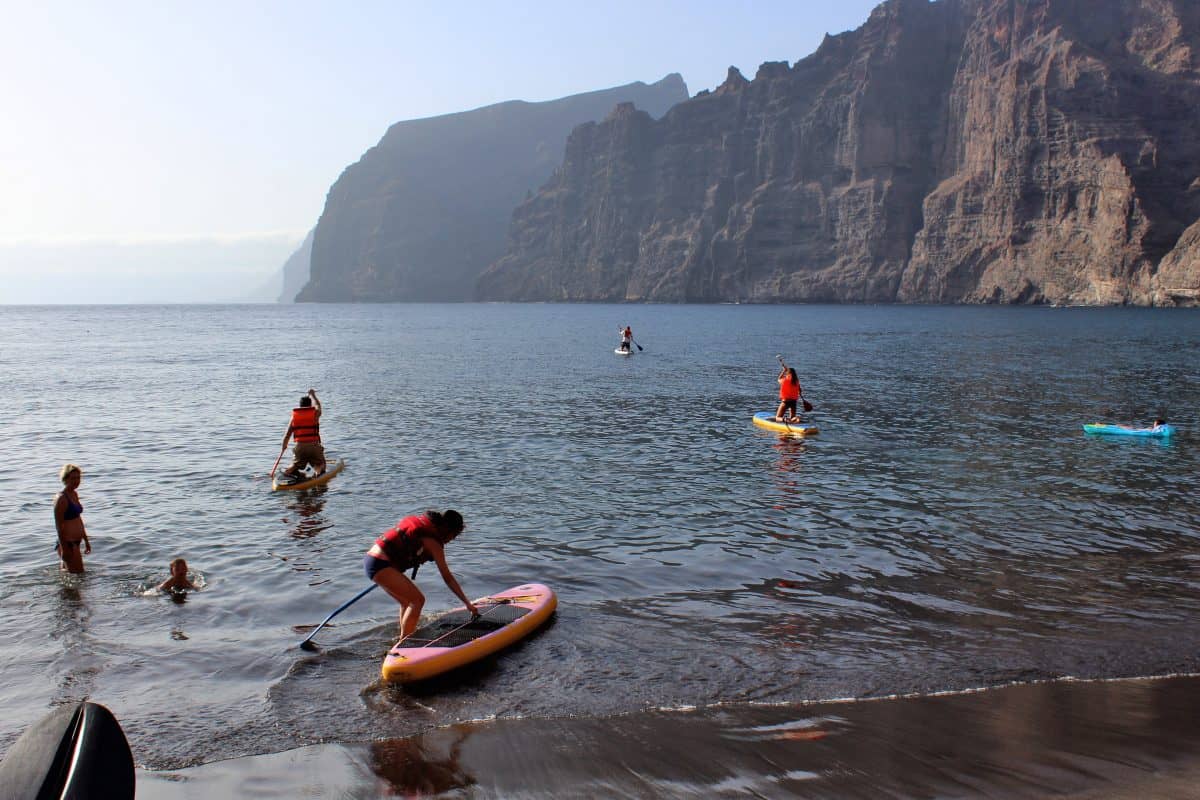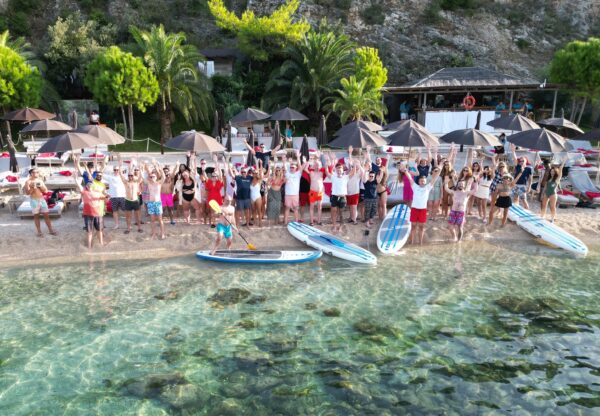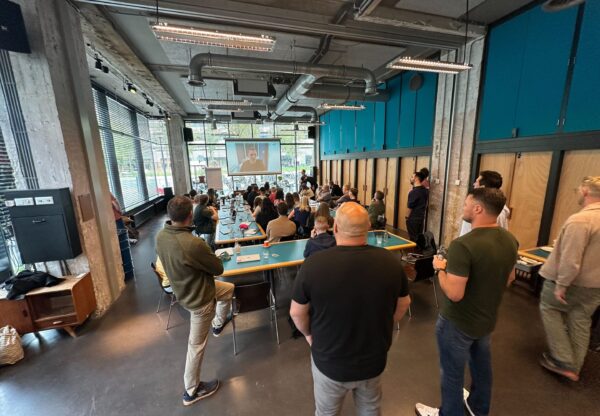Few days ago, we received a direct message from one of our followers on Instagram:
‘I looked up your website and I’m pretty impressed. What you do is exactly what a company needs in this day and age. It’s a very creative and original idea to make a team advanced. People are more creative and efficient when relaxed. Like some Scandinavian countries reduced working hours and a company get more more benefit than before.
Instead, where I’m from (Japan), they still struck with an old working system and idea, people work over hours and sacrifice their life for their job. We have the second highest suicide rate in the world and I wouldn’t doubt why. I hope your business will be succesful and it will enlighten people or countries.’
We are really grateful for this inspiring message from ‘yukokttn‘ and had to share it.
WORK LIKE A SCANDINAVIAN
In the world we live today, we are knowingly sacrificing our own lives and sometimes health, in order to keep up with demands and to maintain unsustainable pace. But paradoxically, to get more done, is to spend more doing less, or nothing.
A new study found, that more time spent outside of regular office space, working less hours or more frequent vacations, boost productivity and performance at a job. I think, we can all agree, that includes team offsites and company retreats.
Tony Schwartz from NY Times is saying: ‘Spending more hours at work often leads to less time for sleep and insufficient sleep takes a substantial toll on performance. In a study of nearly 400 employees, published last year, researchers found that sleeping too little — defined as less than six hours each night — was one of the best predictors of on-the-job burn-out. A recent Harvard study estimated that sleep deprivation costs American companies $63.2 billion a year in lost productivity.’
Scandinavian countries are really the pioneers of work & life balance. Companies and startups across Sweden run trials and experiment with six-hour days. Some are reporting boosts in productivity, improved health and reduced absences of team members. In Sweden, only around 1% of employees are working more than 50 hours a week — one of the lowest rates in the OECD. The average in Europe is 13%.
Bengt Lorentzon, the lead researcher for the Svartedalen care home project says, that the concept of six-hour days also jars with the strong culture of flexible working promoted by many Swedish businesses.
“A lot of offices are already working almost like consultancies. There’s no need for managers to have all their workers in the office at the same time, they just want to get the results and people have to deliver,”
“So I don’t think people should start with the question of whether or not to have reduced hours. First, it should be: what can we do to make the working environment better? And maybe different things can be better for different groups.
“It could be to do with working hours and working times, but it could be a lot of other things as well.” (source BBC)
Swedes are given at least 25 vacation days a year. Most offices are empty after 5pm.
However, this lifestyle doesn’t unfortunately work for everyone. According to trial results, 30-hour work week can easily become very pricey, or not sustainable at all, as a long-term solution. Even though, it’s hard to imagine cutting off 25% of working time, there is a solution that works for most: taking employees’ for a short-term productive team retreat.
LIVE LIKE A CANARIAN
Technology has brought us many great things, but it has also created expectations of a constant accessibility. Days never end and sometimes we end up checking and replying emails at 2:00AM. Sounds familiar?
Phone notifications, besides having negative impact on our impulsivity and stress levels, interrupt our day and cut it into small pieces, like a food processor. Noisy office space does exactly the same, and so it can become a real struggle to stay productive and deliver good results in traditional environment every single day.
Company retreats, workations, co-working retreats, workand play holidays, offsite team building, coworkations or simply team retreats, as we call it at the NextRetreat, are a popular way to ignite your teams passion, productivity, creativity and happiness.
And here, we can learn a lot from Canarian people.. A common phrase ‘la vida es mejor en cholas’ means literally that life is better in flip-flops.
Some aspects of modern lifestyle in Spain are because of the siesta, but they may also contribute to why the idea of the siesta has not completely died until now. The siesta for shops and businesses is from approximately 2pm until 5, while bars and restaurants close from about 4pm until about 8 or 9pm. But this can vary depending on a particular region, season and local habits.
Traditional reason for the siesta in Spain was for the workers in the fields to hide from the strong heat. After short sleep, workers would feel refreshed and often would work until quite late in the evening — longer than they would without the siesta. Genius!
Does it ring a bell?
You have to get enough relax to maintain productivity and sometimes even small break can take your productivity over the roof. That’s why our venue on Tenerife features:
Siesta Room (next to the office space) with a comfy queen size double bed for naps. Siesta should ideally last 15–30mins, no more.
Swimming pool for short breaks from work throughout the day. Here you can take your Pomodoro Technique to the next level!
Canarian people can really appreciate food. Idea to work on a laptop and eat, at the same time, would never even cross their mind.
At the Wolfhouse® in Los Gigantes, every apartment has its own kitchen, dining table inside and table outside on the ocean view terrace, where you can enjoy your meals, before jumping back to the office. Team breakfasts are hosted around the common pool area and grill parties at the palm garden
Alternatively, you can ‘go for tapas’ (tapear in Spanish), trying a different tapa in each bar of Los Gigantes, or try Guachinche — a typical Canarian home offering food (often meat) and wine — popular especially on the island of Tenerife. Just don’t take your laptop, turn off email notifications, so you and your team can enjoy and appreciate the food like a Canarian.
Philosophy of the NextRetreat is rooted in the manifestation of employee happiness. Work smarter, which sometimes means less and be more productive. You can dig more into the topic at our post called the Silver Bullet of Employee Happiness.
‘THE BURN-OUT CLINIC’
You can call us ‘The burnout clinic’. To stay productive, happy and motivated at the workplace and prevent burning out, you have to relax! Plain and simple.
NextRetreat venues in Tenerife are offering some well deserved rest & relaxation, plus the benefits of a traditional office space, so you can stay on top of your tasks and get work done, while chilling and strengthening team relationships, in communal areas of the Wolfhouse® Los Gigantes, or at the beach.
Here, you can spend more quality time with your team members and #RechargeAfterWork with one of our team bonding activities.
The great thing about Stand Up Paddling in Los Gigantes is that you can’t take your iPhone with you on the ocean.
Bring your team together, stay productive and have fun in Tenerife. Maybe try to work a little less. Six hours, like Scandinavians? Enjoy life, appreciate good food and recharge efficiently, like Canarians.
Try it for a week or two. You will be more productive and feel the positive effects, even long after return to your traditional working environment and schedule. That’s the magic of the Wolfhouse®!


